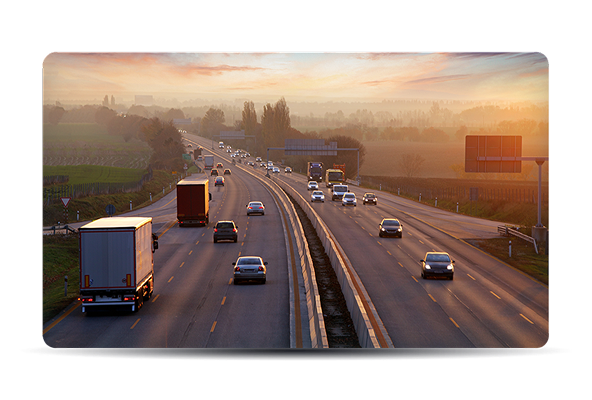It’s almost inconceivable that a drunk driver responsible for a death could ever escape a prison sentence. It’s hard to believe that in 2016, drivers who kill would be walking away from court virtually scot-free, thanks to various legal caveats that block appropriate sentencing. And yet this is still happening all over the country.
The lack of appropriate punishment for drunk drivers doesn’t just represent a huge slap in the face to families of victims; it also poses a great danger to all of us, both as drivers and pedestrians, with perpetrators easily able to re-offend. Currently, the way the law works means that drivers who caused a fatality can only be charged if evidence for reckless driving exists. Lack of said evidence will mean they only receive punishment for being over the limit. Many drivers escape sentencing altogether, walking out of court with a temporary ban on driving, meaning they could be back on the road in a matter of months.
Nextbase’s recent survey found that at least one third of us admitted to drunk driving at some time or other; the problem might be more widespread than we think. It doesn’t take a monster to accidentally cause the death of another person, it can just take a couple of seconds delay in our reaction speed, as drinking will cause. It would seem many of us aren’t aware of the danger we pose to ourselves and to others when we get behind the wheel after a few drinks in the pub.
Even though drink-drivers convicted of causing death by dangerous or careless driving can face 14 years imprisonment, no offender has received this sentence in the last five years. In fact, the average sentence amounts to less than four years and each offender often serves only half their time if they behave while behind bars.
In February of this year, the 21-year-old George Beresford was killed by a drunk driver, who walked out of court this summer with only a 28 month ban. With the incident taking place in the middle of the night, no witnesses were able to claim the driver was dangerous, so his punishment didn’t reflect the devastation caused.
The Beresford family took this matter to Justice Minister Sam Gyimah in Whitehall, who said that new sentencing guidelines or a tougher law was “urgently needed.”
“This has to change, we need to close this loophole and make sure that families get the justice for their loved ones that they deserve.”
This case now has the support of Detective Constable Ian Payne of Scotland Yard’s serious collision investigation unit, who shared in the shock at the outcome of the case: “I was left wondering what could be more serious than the fact that a death has occurred,” said the officer.
Following the meeting, the minister pledged to consider very seriously their proposals during a review of dangerous driving laws now under way.
Though the outcome of this case might seem shocking, it’s certainly not unusual. In fact, a grand total of 111 people convicted of death by dangerous driving between 2006 and 2015 have walked free from court. 93 of these received suspended jail terms or community service. In ten of these cases, the offender escaped with only a fine, while three were granted a complete discharge.
In the last month, greater attention has been given to preventing drunk drivers from causing incidents and fatalities, with police granted the right to stop and breathalyse drivers at various checkpoints across the UK. These new powers coincide with the launch of the annual winter drink drive campaign. Last year, the police detected 375 people driving after drinking, which effectively meant 375 preventions of potential fatalities. More and more drivers are being convicted, but critics say this change needs to happen faster.
With the law set up the way it is, dash cams of motorists driving in and around the area when an incident may unfortunately take place, could be a huge support to families of victims as a reliable witness in court. With more and more people owning a dash cam, police will be able to incriminate a drunk driver for their reckless driving more easily, helping to secure the right punishment for those who cause fatalities.

















